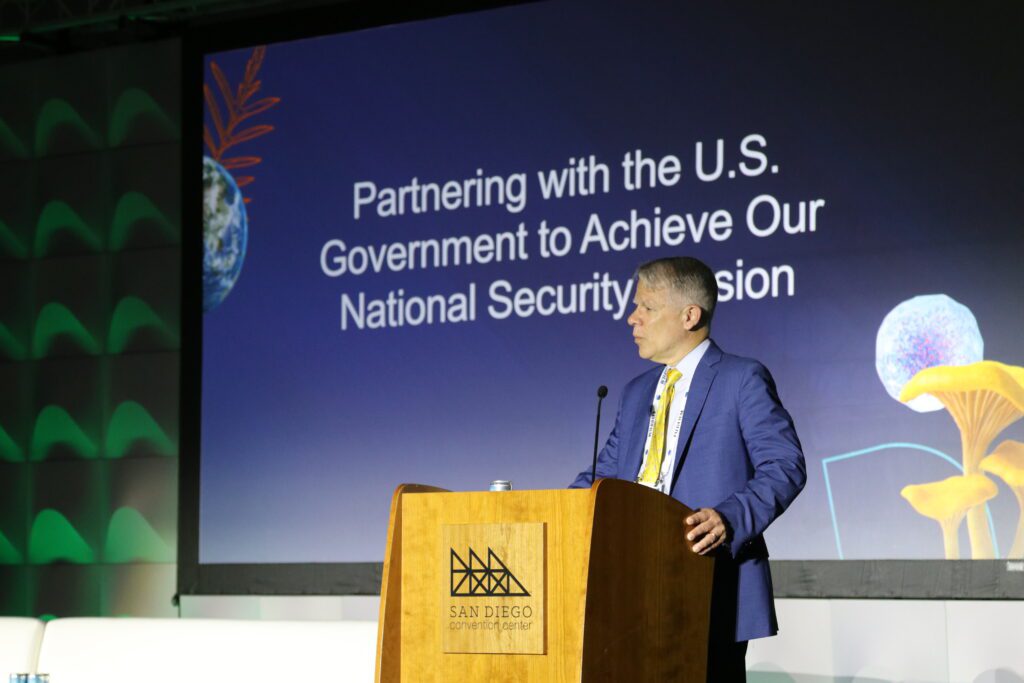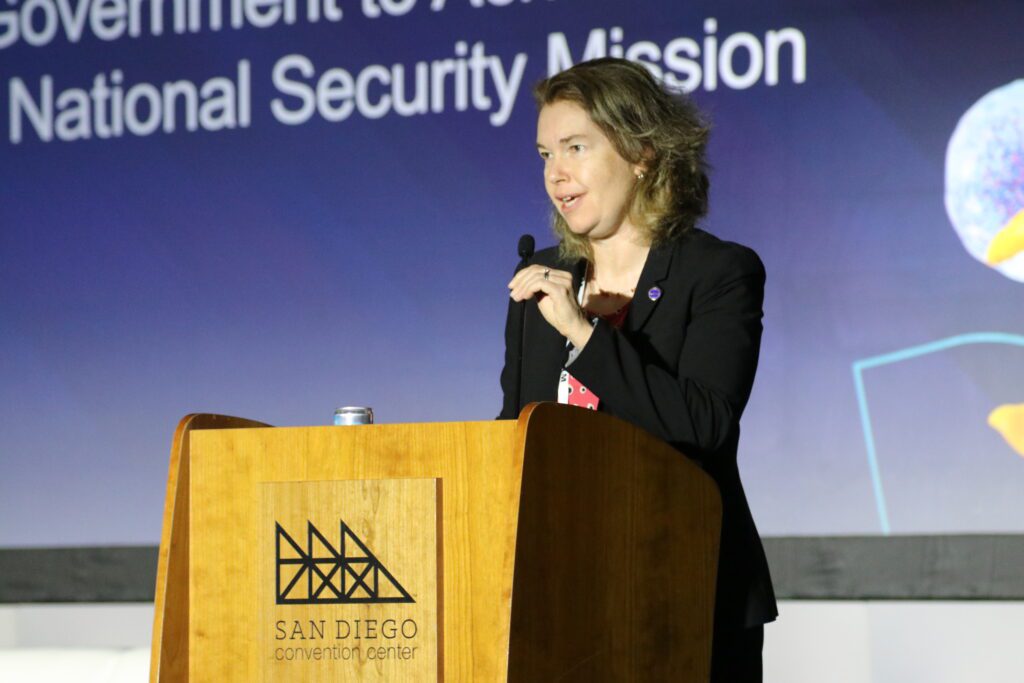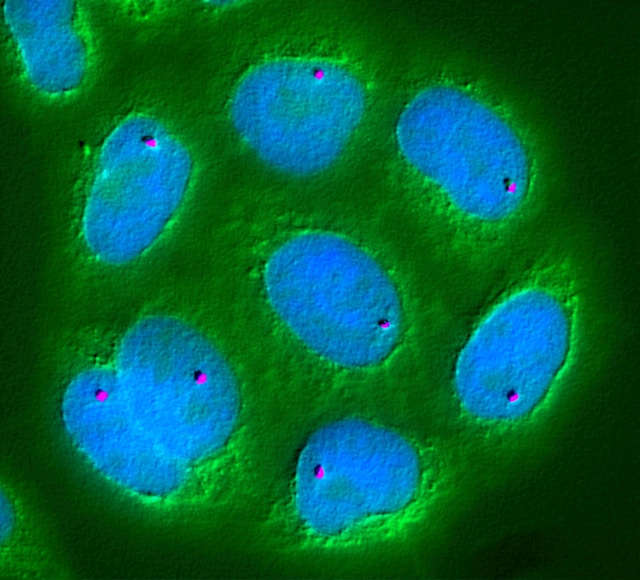To ensure national security in the face of potential biological threats, the U.S. government relies on a partnership with biotech firms, federal officials explained at the June 3 opening of the 2024 BIO International Convention in San Diego.
“As you think about how we can collectively partner to improve our preparedness for future biological events, I’d ask you to reflect again on why you went into this work to begin with,” said Paul Friedrichs, MD, Maj. Gen. (ret), Deputy Assistant to the President and Director of the Office of Pandemic Preparedness and Response at the White House—the first speaker of the event. “The narrative begins with our shared commitment to minimizing preventable illness and death.”

Organized by the Biotechnology Innovation Organization (BIO), the annual event brings together the biotech industry, public officials, patient groups, and other stakeholders for networking and educational panels.
Recognizing the importance of biotechnology as a national security issue, BIO 2024 opened with a series of panels, “Partnering with the U.S. Government to Achieve Our National Security Mission.” Introduced by BIO’s Phyllis Arthur, EVP and Head of Healthcare Policy and Programs, the panels offered insights into ongoing cooperation between government and the industry to ensure national security in the face of emerging threats. Arthur noted that the panels also highlighted the potential for future cooperation in biosecurity.
Department of Defense preparedness
Officials detailed how the federal government works among agencies and with industry to identify and solve biological threats.
David Smith, Deputy Assistant Secretary of Defense for Health Readiness Policy and Oversight, Department of Defense (DOD), described the importance of his office’s role for the military.
“Health readiness is making sure that our service members are ready for any mission the nation might direct them to do,” including preparing service members with vaccinations and protection against other biological threats, he said in an interview following the session.
However, he noted that these efforts, which include supporting the development of vaccines for Ebola, Zika, and other viruses, also benefit the general public.
Smith outlined the different phases of DOD’s health readiness work, from identifying gaps in early warning systems to identifying and surveilling threats to developing and distributing solutions. He noted biotech’s role in all these phases.
“We need to shorten solution development now,” throughout all stages of the process, Smith said.
Coordinating federal agencies

Ensuring that the right people have the right data to fight biological threats is essential, said Dawn O’Connell, Assistant Secretary for Preparedness and Response (ASPR), U.S. Department of Health and Human Services.
O’Connell described the work her agency does to guarantee adequate stockpiles of everything from personal protective equipment to vaccines. This work requires extensive coordination with the biotech industry and other manufacturers to ensure ready supply as needed.
It also involves daily contact with other federal agencies, like the Centers for Disease Prevention and Control (CDC), which provides data on new health threats.
“We in ASPR have the tools to respond to whatever CDC digs up,” O’Connell explained.
She gave the example of preparation for the H5N1 outbreak, which is thus far not a serious threat to human health but is currently causing concerns about a potential pandemic. Along with ordering the manufacturing of existing vaccines against H5N1, O’Connell noted, ASPR has asked manufacturers of mRNA vaccines to prepare H5N1 solutions.
“We anticipate that there could be mutations,” of the H5N1 virus, and a ready mRNA vaccine platform could be readily adjusted to meet this demand. Meeting this need is the job of biotech firms, which is why ASPR is already working with mRNA manufacturers like Moderna and Pfizer, she said.



